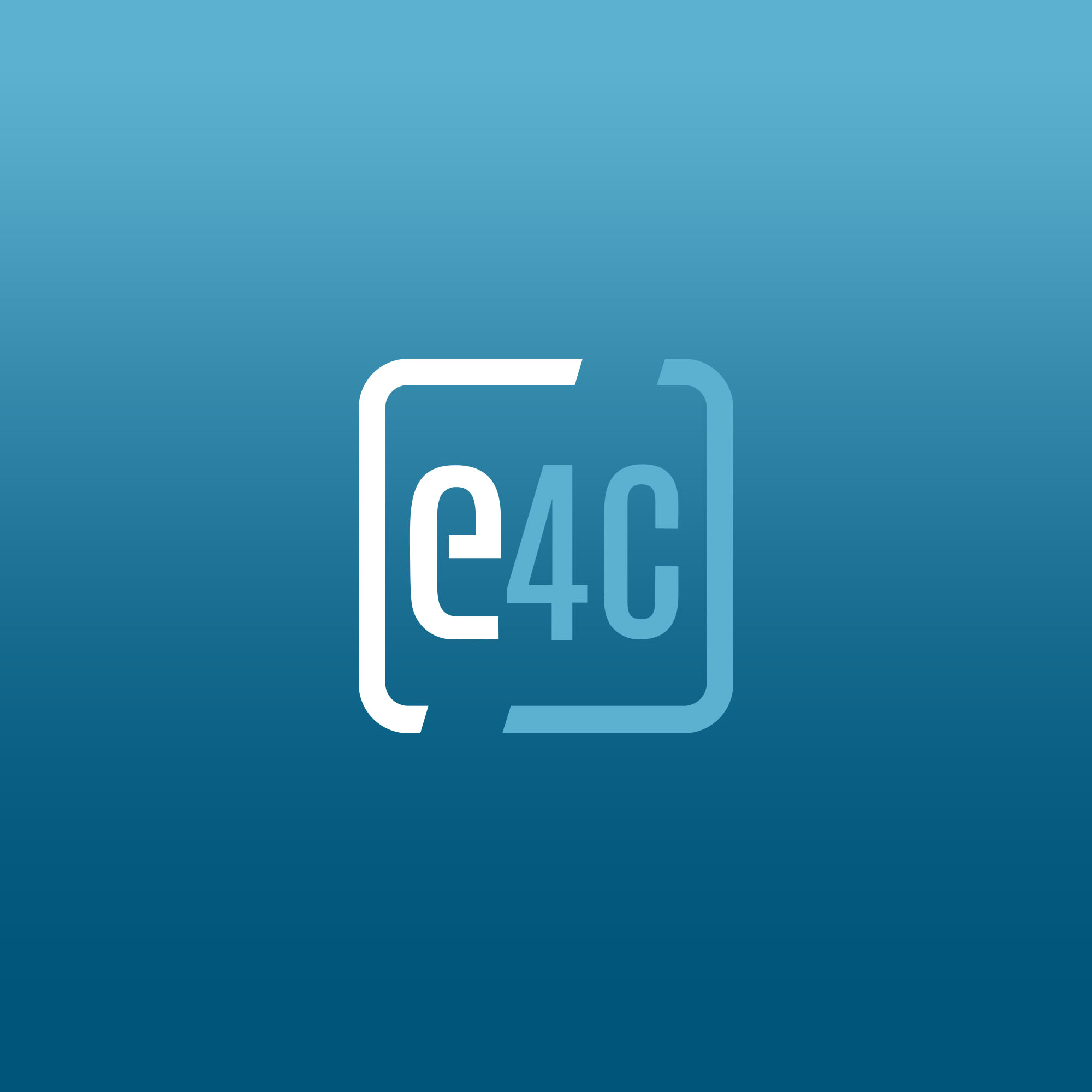For the year’s first tweet roundup of what is happening in the world of engineering and design for global development according to Twitter, we are happy to present a selection of new ideas and designs to start off right in 2013.
For up-to-the-minute updates from E4C on Twitter, please follow us at @Engineer4Change.
Greenstar Blox is a US company that is doing something interesting with construction materials: Bricks made from paper. This photo that a member of the E4C team stumbled upon on facebook shows paper blocks coming off a new automated production machine. The bricks are made from recycled short-fiber cellulose such as newspapers and phone books that are mixed with cement and other materials. The finished bricks are resistant to fire, water, mold and pests, and they are FEMA certified for safety shelters, the company says.
Heat a pot of stew on the stove then take it off the heat and wrap it in a Wonderbag. The insulative bag keeps the heat in so the stew continues to cook. By the middle of last year, 500,000 Wonderbags had been sold in South Africa and, if they are used, they have the potential to save 250,000 tones of carbon dioxide each year, the Guardian reports.
Simon Dale built a home into a hillside using materials that he scavenged from the surrounding woods, including oak logs, stone and straw bales. The result is a rustic, but cute, home that would not look out of place in the Shire (Lord of the Rings fans know what we’re talking about).
A foot-powered washing machine, a solar desk light, a better, cheaper surgery light for hospitals in developing countries and 3D-printed arm braces rank among Fast Company’s top 10 products that are making a difference for good.
“A redesign of Africa’s economy is needed and that must be driven by the power of technology under strong intellectual property laws which will protect innovations and inventions,” says Ndubuisi Ekekwe, a Nigerian academic and inventor interviewed by Memeburn. Emeka Okafor, of Timbuktu Chronicles and Maker Faire Africa fame, tweeted the link.
The small hydro power generators that light up homes in Uganda represent a practical model for all of sub-Saharan Africa to follow. But doing so “would take a seismic shift” in the region’s electrification and political status quo, IEEE Spectrum writes in this excerpt posted on Emeka Okafor’s blog, Timbuktu Chronicles.
Inveneo’s ICTWorks reports on four affordable solar power solutions in developing countries. ICTWorks, for those who are not familiar, is a well recommended source of news on internet and mobile technology issues in emerging economies.
John Kluge, the man behind the “Give a Sh*t Manifesto,” (it starts with BE THANKFUL. YOU HAVE A TOILET. 2.5 BILLION DO NOT. THIS IS A BIG DEAL. YOU NEED TO KNOW THIS SH*T), tells Forbes why toilets matter in schools.
More than 6 million of the world’s refugees live in semi-permanent camps where they stay for an average of 17 years, the Guardian reports. A better solution would be to tap into the refugees’ own skills and creativity and help them innovate their own ways out of the camps and into new careers.

